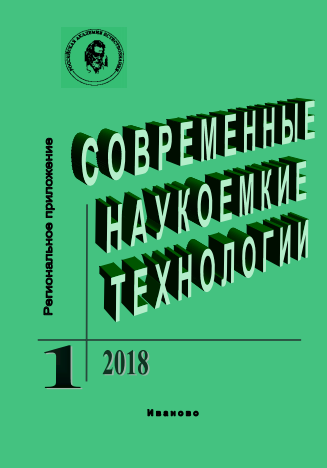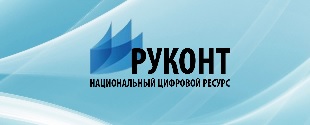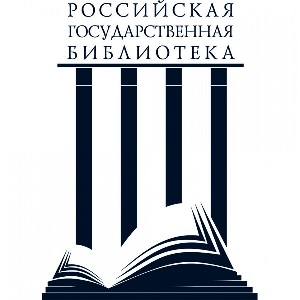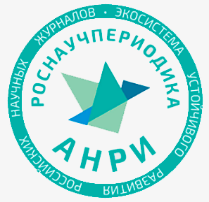РЕЗУЛЬТАТЫ ВНЕДРЕНИЯ КАМПУСНОГО ПРОЕКТА КАК ИНСТРУМЕНТА УПРАВЛЕНИЯ
Аннотация
Условия современной жизни заставляют организации сталкиваться с новыми вызовами, которые отражаются на управленческой деятельности, приводят к изменениям в бизнес-процессах, и как следствие к поиску новых управленческих подходов и инструментов. Классические методы управления не теряют своей фундаментальной значимости, но в реалиях сегодняшнего дня необходима их интеграция с иными, отвечающими современным требованиям, подходам, способным в условиях неопределенности и непредсказуемости экономических параметров, обеспечить организации эффективный менеджмент. Одним из инструментов управления может выступать кампусный проект посредством внедряемых инфраструктурных изменений способный привести к изменениям в управленческих подходах. Кампусные решения — это трансформация инфраструктуры организации посредством внедрения современных, отвечающим требованиям потребителя, решений, способствующих качественному преобразованию внутренней среды организации, которая находит свое отражение в преобразующихся управленческих подходах.
Литература
1. Decree of the Government of the Russian Federation of July 28, 2021 N 1268 “On the implementation of a project to create an innovative educational environment (campuses) using public-private partnership mechanisms and concession agreements within the framework of the federal project “Development of infrastructure for scientific research and training” of the national project "Science and Universities": https://www.garant.ru
2. Davydova O.V., Lylina E.A., Chistyakova O.V. Formation of university campuses in the strategy of sustainable development. Trends in the development of science and education. 2018. №45-5. P. 57-60. https://elibrary.ru
3. Sizova O.V., Kuznetsova I.A., Rychikhina N.S. Analysis of the equipment of educational organizations in Russia with computer technology. Modern science-intensive technologies. Regional application. 2021. N 1(65). P. 37-45.
4. Rychikhina N.S. Analysis of the effectiveness of strategies for restructuring higher educational institutions at different stages of the life cycle. Modern science-intensive technologies. Regional application. 2014. № 2(38). P. 17-28.
5. Rychikhina N.S. Big data and artificial intelligence as the basis for the implementation of regional digital projects. In the collection: Data Science. Materials of the international scientific and practical conference. 2020. P. 264-265.
6. Volkov S.K., Gushchina E.G., Vitalieva E.M. University as a driver of regional positioning. Modern science-intensive technologies. Regional application. 2018. № 3(55). P. 15-24.
7. Siberian State University of Science and Technology named after Academician M.F. Reshetnev: https://www.sibsau.ru
8. Smolina E.Yu. Policy of development of the campus infrastructure of an educational institution. CITISE. 2021. N 4. P. 512-519. DOI:
http://doi.org/10.15350/2409-7616.2021.4.47
9. Development program 2025 SibGU named after M.F. Reshetnev https://cloud.sibsau.ru
10. Dagdanova I.B. University campus as a space of social interaction (on the examples of modern campuses abroad) https://cyberleninka.ru/article/n/universitetskiy-kampus-kakprostranstvosotsialnogo-vzaimodeystviya-na-primerahsovremennyhkampusov-zarubezhya/viewer.
11. Smolina E.Y. Business process management tools of an educational organization in a competitive environment. Economics and Entrepreneurship. 2020. N 11. http://www.intereconom.com/component/content.
12. Chumakov M.V., Elizarova A.A., Berendeeva A.B. Analysis of efficiency and risks in the implementation of state programs, projects, strategies in the regions of Russia. Modern science-intensive technologies. Regional application. 2021. N 2(66). P. 65-75.
13. Mirolyubova A.A., Turtin D.V., Zhukova Ya.E. Economic efficiency of the digital economy of the region: modeling and comparative analysis. Modern science-intensive technologies. Regional application. 2020. N 4(64). P. 41-29.














